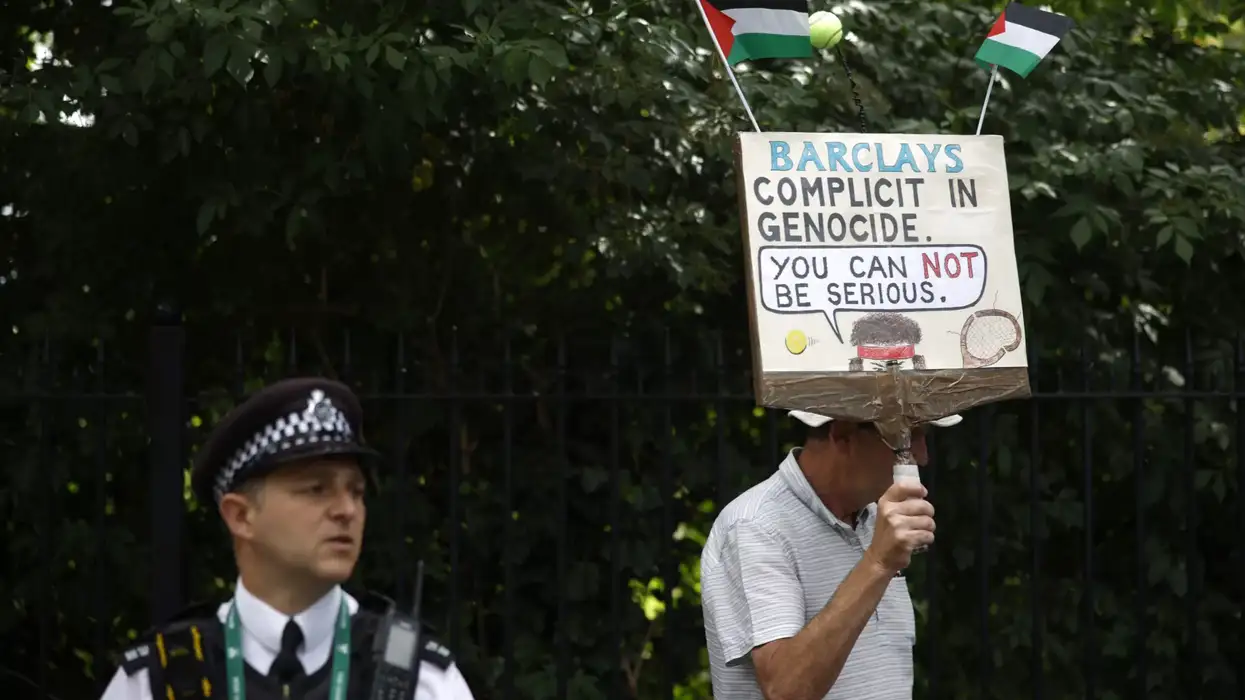THE CHIEF executive of Barclays has commended Wimbledon organisers for maintaining the bank's sponsorship despite protests against its climate policies and financial services.
Climate activists and anti-war groups have targeted Barclays, alleging it uses sponsorships to improve its image while funding climate polluters and defence companies, including those supplying equipment to Israel, reported The Guardian.
Recent demonstrations led to Barclays being asked to withdraw from sponsoring Live Nation festivals, such as Download, Latitude, and Isle of Wight, after bands boycotted over the bank's alleged links to the Gaza conflict. However, Wimbledon continued its partnership with Barclays, with a tournament official stating the partnership had undergone a thorough vetting process.
On Thursday, Barclays CEO CS Venkatakrishnan expressed gratitude to Wimbledon for resisting the pressure to end their sponsorship. “While some sponsorships have chosen not to work with Barclays, Wimbledon has continued to support us,” he said.
“I’m continually grateful for those institutions that continue to be supportive to us and rightly resisting pressures, which I think are ultimately misguided,” Venkatakrishnan added.
Last month, one Wimbledon official said they were “incredibly proud” of the partnership with Barclays, which had gone through a “very thorough vetting process,” The Guardian reported.
Venkatakrishnan also addressed the recent vandalism of Barclays branches and the targeting of staff by activists. He said that public opinion is more balanced and that people understand Barclays' climate policies and concerns about violence against staff. He emphasised the bank's willingness to discuss these issues as long as the dialogue remains non-violent.
Barclays stated that while it does not invest directly in defence companies, it remains committed to providing financial services to the sector, which it considers vital for national and allied security.
The bank also announced a £1.2 billion payout to shareholders, including a £750 million share buy-back, despite a slight drop in second-quarter profits to £1.9 billion, which still surpassed estimates of £1.6 billion due to strong performances in its investment bank and wealth management divisions.




